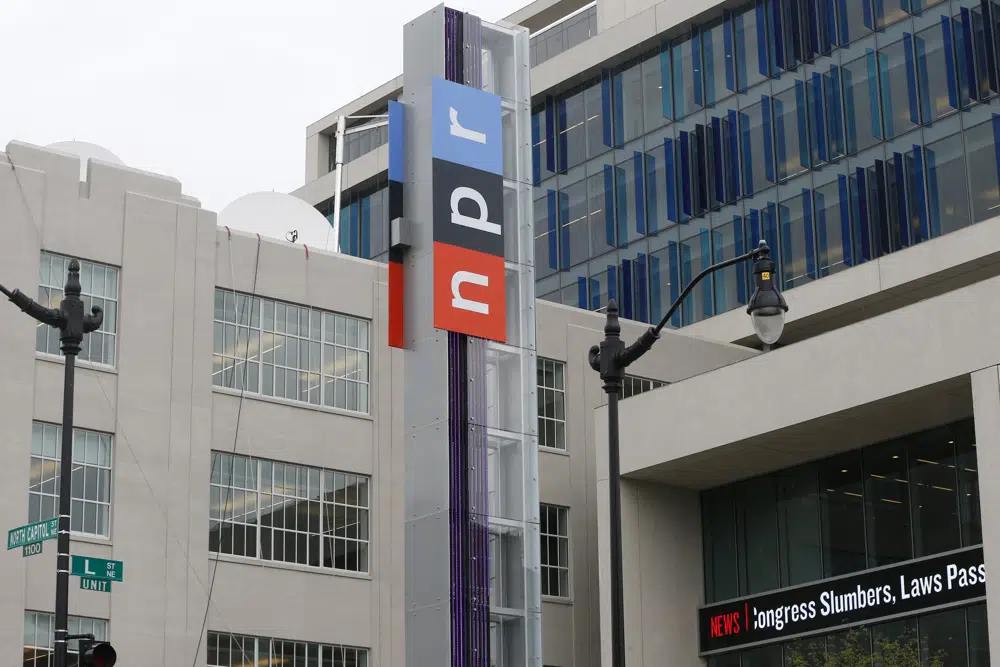Technology
NPR quits Elon Musk’s Twitter over ‘government-funded’ label

National Public Radio is quitting Twitter after the social media platform owned by Elon Musk stamped NPR’s account with labels the news organization says are intended to undermine its credibility.
Twitter labeled NPR’s main account last week as “state-affiliated media, ” a term also used to identify media outlets controlled or heavily influenced by authoritarian governments, such as Russia and China. Twitter later changed the label to “government-funded media,” but to NPR — which relies on the government for a tiny fraction of its funding — it’s still misleading.
NPR said in a statement Wednesday that it “will no longer be active on Twitter because the platform is taking actions that undermine our credibility by falsely implying that we are not editorially independent.”
“Defund @NPR,” was Musk’s tweeted response. His latest tiff with a news organization reflects a gamble for the social media platform he bought last year.
Twitter, more than any of its rivals, has said its users come to it to keep track of current events. That made it an attractive place for news outlets to share their stories and reinforced Twitter’s moves to combat the spread of misinformation. But Musk has long expressed disdain for professional journalists and said he wants to elevate the views and expertise of the “average citizen.”
The Public Broadcasting Service said Wednesday it has also stopped tweeting from its main account and that the public TV organization has no plans to resume because “Twitter’s simplistic label leaves the inaccurate impression that PBS is wholly funded by the federal government.”
Media analysts say growing friction between Twitter and news organizations since Musk bought the platform is bad for Twitter, and bad for the public.
“It’s a shame to have proceeded in a direction where, intentionally or otherwise, Twitter is categorizing Russian propaganda outlets in a similar way to very legitimate news sources that get a very modest amount of funding from the U.S. government,” said Paul Barrett, deputy director of the NYU Stern Center for Business and Human Rights.
[Associated Press]


